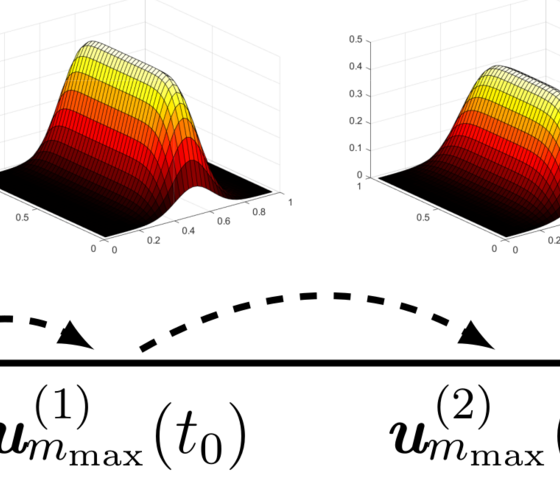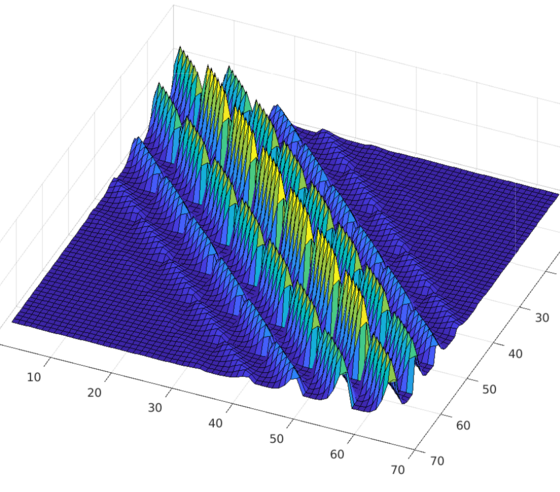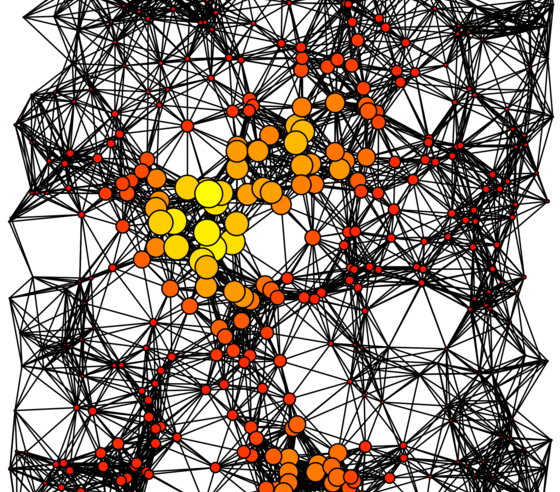Matrix functions
Course description



Matrix functions f(A) have applications in many areas of mathematics, engineering and scientific computing and, with the advent of fast and scalable algorithms to compute f(A)b for (very) large and sparse A, have become an increasingly important modeling tool in recent years.
Their most prominent application is certainly the solution of differential equations by means of exponential integration schemes, where the matrix exponential f(A) = exp(A) and related functions occur. Further examples of matrix functions in applications include the matrix logarithm in machine learning, the matrix sign function in theoretical particle physics, the exponential and resolvent in analysis of complex networks and Mittag-Leffler functions in fractional differential equations.
In this course, we discuss matrix functions in detail, from their origin in pure mathematics and matrix theory to modern large-scale applications and their theoretical and computational challenges. We will cover diverse applications from various areas, with the possibility of putting more emphasis on certain topics based on the interest of the participating students.
Grading and final exam
The lecture is not accompanied by a classical exercise class. Instead, students work on a programming project covering an advanced topic (individually or in small groups). At the end of the semester, all students present the result of their work in a short talk.
Details regarding the format and requirements will be shared at the beginning of the course (and can potentially be adapted based on preferences of the attending students).
At the end of the semester, there is an oral examination covering the contents of the course.
In order to pass the course, both the programming project and the final exam need to be passed.
Syllabus
Matrix functions
- Definition and basic properties of matrix functions
- Basic algorithms for computing f(A)
- Polynomial Krylov subspace methods for computing f(A)b
- Contour-integration based methods for f(A)b
- Rational Krylov subspace methods for computing f(A)b
- Error estimates and stopping criteria for "f(A)b algorithms"
- Techniques for reducing memory consumption and communication in Krylov methods
- Fréchet derivatives and conditioning of matrix functions
- Algorithms for bivariate matrix functions
- Structure-aware algorithms for f(A)b
Applications
- Exponential integration of ordinary differential equations
- Communicability and centrality measures for analysis of complex networks
- Solution of fractional differential equations
- Markov chain modeling
- ...
